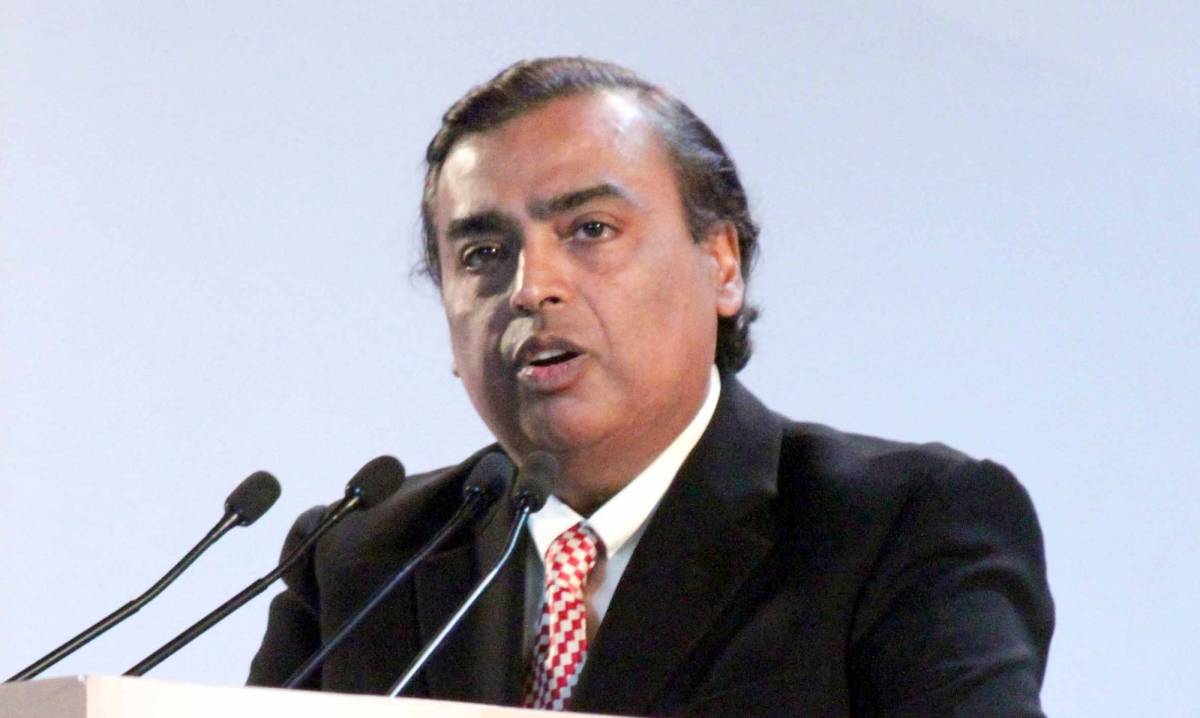Digital disruption has led the way in global economic growth as technology has taken a pervasive nature in the global economy, job market, and everyday life…writes Salil Ravindran
Companies with technology as a central part of their identity have contributed 52 per cent of total market value growth since 2015, while another 20 per cent of market value growth has come from companies with a tech-led strategy.
The technology sector continues to reveal a strong and positive growth outlook. IDC estimates the technology industry to exceed $5.3 trillion in 2022 and to go back to a 5 per cent -6 per cent annual growth rate. Companies are accelerating their digital transformation projects and adoption of the cloud. IT budgets are expected to increase in 2022, many to the pre-pandemic levels.
On the other hand, IT vendors are compelled to pivot to new business models to ensure industry relevance, competitive differentiation and innovation. The approach to software development continues to change with companies relying on open source, microservices, and agile and low code methodologies. Enhanced investments in AI and Blockchain will lead to more digitization and innovation. Data is the new oil and work involving embedded systems and analytics is the focus of all technology development.

As a result, there is a tech talent shortage and we are witnessing the “Great Resignation” happening right now. Tech employment is expected to grow at about twice the rate of overall employment, with many skills like data science growing at 4x-5x the average rate. Curtailing of business travel has led to many new innovations, Teams meetings, webinars, online conferences, to name a few, which are now expected to continue post-pandemic.
However, it is not all rosy and there are many headwinds that the industry is facing. Having learned to deal with the uncertainty arising due to the pandemic, companies are still struggling to define whether employees should work remote, hybrid or on-premise. The secure work environment has eroded as work has moved remote to cloud systems and mobile devices, and has led to challenges of data security and breach.
The global chip shortage is expected to continue to hinder smartphones, computers, automobiles, and other chip-dependent industries. Cyber-attacks also continue to increase every year causing security budgets to balloon.
Led by Bengaluru, the silicon valley of India, Karnataka is the fourth largest technology cluster in the world. Karnataka’s IT Policy 2020-2025 is guided by a vision to transform the state into an ecosystem of sustainable growth and to simultaneously elevate it to the global platform. Many new business opportunities in Karnataka are emerging in auto, electronics, and food processing, heavy machinery and textiles industries.
Karnataka is well connected to all the major markets with two international airports, 14 national highways and 115 state highways, and a rail network of 3,250 km. Ease of doing business in Karnataka is always a priority as the state is the top recipient state during the year 2021-22 (up to June 2021) with a 48 per cent share of the total FDI equity inflows. Karnataka stands fourth in merchandise exports in the national export basket. Karnataka stands first in the world to set up a 2,000 MW Solar Park at Pavagada, the largest in the country of which 1,400 MW is operational.
ALSO READ: Economic recovery loses momentum: Report
In recent times, Bengaluru has emerged as the startup capital of the country, both in terms of new companies being incubated and the quantum of funds raised by these entities. From being the front-runner of just tech-driven start-up ecosystem, Bengaluru has now graduated to become a thriving hub for all kinds of start-ups. Future innovations are likely to be conceived and developed in Bengaluru and also be first used in Bengaluru.
Over 67 per cent of Karnataka’s population is in the working-age group of 15-59 years, which gives it a huge demographic advantage. With more than 200 engineering colleges in the state, Karnataka probably has the highest number of IT engineers in the world and any company in the world that wants to set up an IT team cannot ignore Karnataka. Many believe that the salubrious climate of Bengaluru also helped in the growth of the software industry there.
(The writer is an adviser, mentor and independent board member to many startups in India and overseas)














